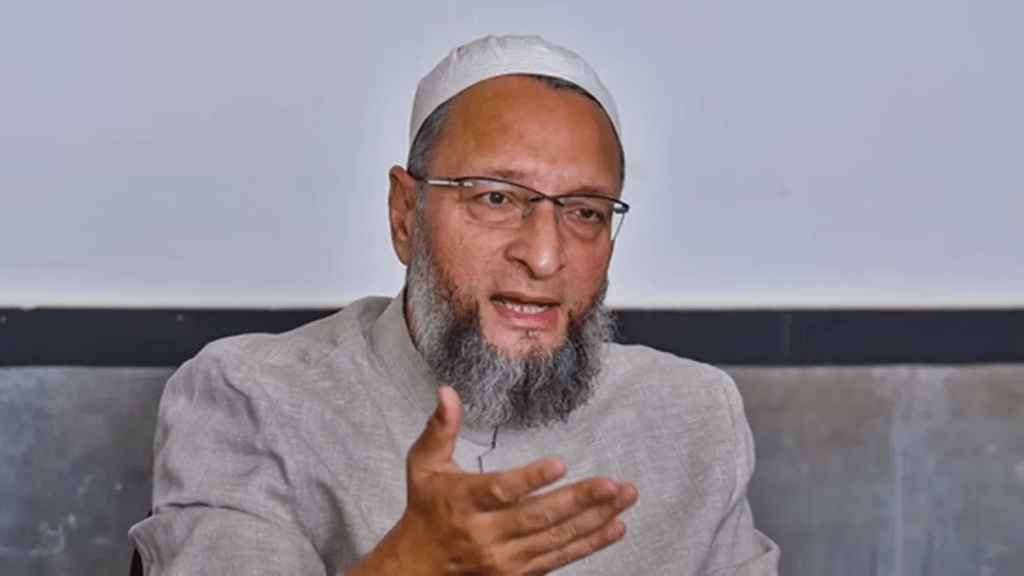AIMIM MP Asaduddin Owaisi, speaking during an all-party anti-terrorism outreach in Bahrain, delivered a scathing indictment of the recent killings in Jammu and Kashmir’s Pahalgam.
Calling the Pakistani terrorists involved “no different from ISIS in Syria,” Owaisi said the attackers reportedly asked victims their religion before killing them, while quoting the Quran to justify the act.
“These terrorists are just like ISIS. They killed after asking about people’s religion. The Quran is clear — killing one innocent person is akin to killing all of humanity,” Owaisi said, stressing the perversion of Islamic teachings by extremists.
Pakistan’s role in cross-border terrorism
Owaisi strongly asserted that terrorism emanating from Pakistan has cost countless Indian lives and will persist unless Islamabad stops its support. “There is a limit to the patience of Indians,” he warned. Referring to repeated provocations, he noted, “Our government has made it very clear — the next time Pakistan takes up such a misadventure, the response will be beyond what they expect.”
Pakistan FATF grey list push
Making a diplomatic appeal, Owaisi urged the Bahraini government and other Gulf nations to support India’s efforts to reinstate Pakistan on the Financial Action Task Force (FATF) grey list. “This money is going into terrorism,” he said, alleging that funds flowing through Pakistan are enabling terrorist operations.
“I request and hope that the Bahrain government will help us in bringing Pakistan back into the FATF grey list. There is unanimity in our country, regardless of political differences, when it comes to national integrity and fighting terrorism,” he said.
Linking Pakistani terror groups with ‘takfiri’ ideology
In a pointed effort to resonate with Gulf sensitivities, Owaisi used the term “takfiri” — a term widely used to describe ISIS’s ideological framework — to describe Pakistan-based terror groups. The “takfiri” label refers to extremist ideologies that brand others, including fellow Muslims, as apostates to justify violence. By drawing this parallel, Owaisi sought to highlight the ideological overlap between ISIS and Pakistan-backed outfits and rally Arab nations against such forces.
Owaisi emphasised that despite India’s internal political divisions, the fight against terrorism is a united national cause. “We may belong to different parties, but on the issue of terrorism and protecting our people, we stand together,” he said. His statements reflect the broader bipartisan message being conveyed by Indian leaders abroad following the success of Operation Sindoor.
Global outreach program following Operation Sindoor
Owaisi’s visit to Bahrain is part of India’s ongoing international diplomatic campaign post-Operation Sindoor — a successful counter-terror strike that showcased India’s new doctrine of precision and deterrence. As part of this global outreach, Indian leaders from across the political spectrum are engaging with foreign governments to galvanize support against Pakistan’s state-sponsored terrorism.

